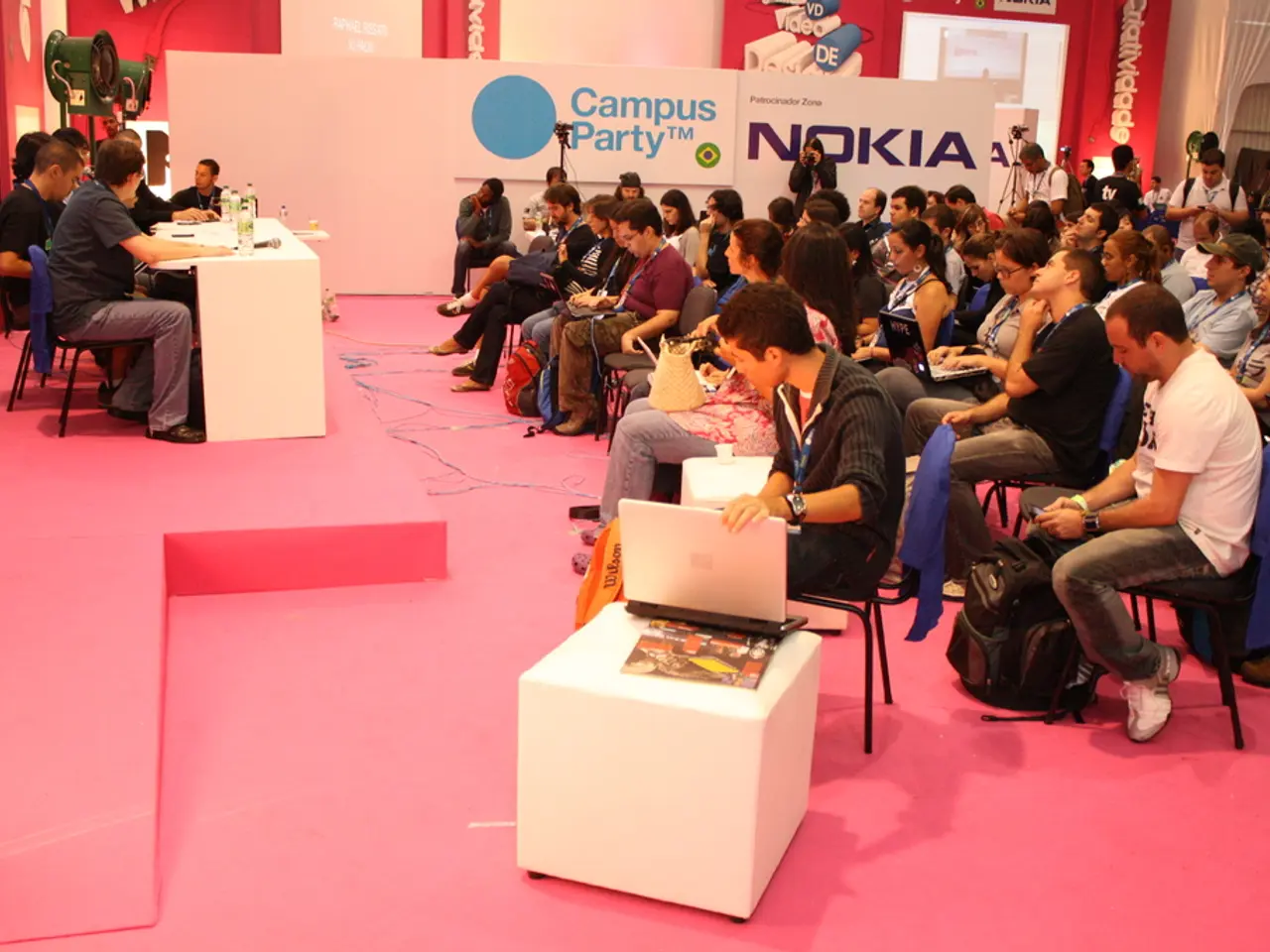Impact of Media on Cognitive Recall
In the digital age, media plays a significant role in shaping our lives, influencing everything from our relationships to how we experience the world around us. One area that has received less attention is the impact of media on human memory.
Research indicates that media can affect the content, recollection, and capacity of our memories. For instance, social media platforms, such as Facebook and Twitter, are often criticised for exploiting the "illusory truth effect." This psychological phenomenon, which refers to the tendency to believe information that is repeated, is inherently promoted by these platforms, leading to the spread of false news.
The illusory truth effect can pose a threat to memory, particularly in the formation of memories. Repeated exposure to false information can lead to inaccurate recollections of events, increasing our risks for accepting false narratives and inaccurate accounts of history.
Moreover, engaging in social media during an event or documenting it can actually decrease our memory of the experiences. On the other hand, strong or sensationalized language in media can influence what details are remembered about an event.
The quantity and variety of media available over the last decade have significantly increased, contributing to what is known as the "Google effect." This phenomenon refers to the reliance on external sources like Facebook and Instagram to remember significant events, reducing the need for internal memory.
Interestingly, research shows that people show better memory for where to locate information than the actual information. This could suggest that while media serves as an external hard drive for memory storage, it may not always be as effective in helping us retain the information itself.
It is worth noting that the overall impact of media documentation on memory is more detrimental than beneficial. For example, subsequent generations may not remember historical events as vividly or as accurately as previous generations due to frequent documentation.
However, it is important to highlight that newspaper stories are more likely to be believed compared to stories presented on television. This could be due to the perceived credibility of newspapers compared to other media outlets.
In light of these findings, it is imperative to share results about media's impact on memory with the gatekeepers of these platforms. By understanding and addressing these issues, we can strive to create a more informed and accurate digital landscape for future generations.
In conclusion, while media serves as a powerful tool for information dissemination, it is crucial to recognise its impact on human memory. By fostering a more informed and critical approach to media consumption, we can mitigate the risks associated with media-induced memory distortions and ensure the accuracy and integrity of our collective memory.
Read also:
- Peptide YY (PYY): Exploring its Role in Appetite Suppression, Intestinal Health, and Cognitive Links
- Toddler Health: Rotavirus Signs, Origins, and Potential Complications
- Digestive issues and heart discomfort: Root causes and associated health conditions
- House Infernos: Deadly Hazards Surpassing the Flames








